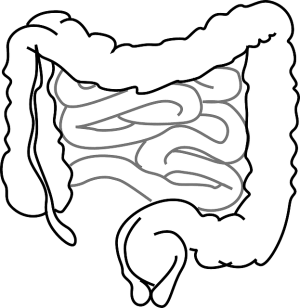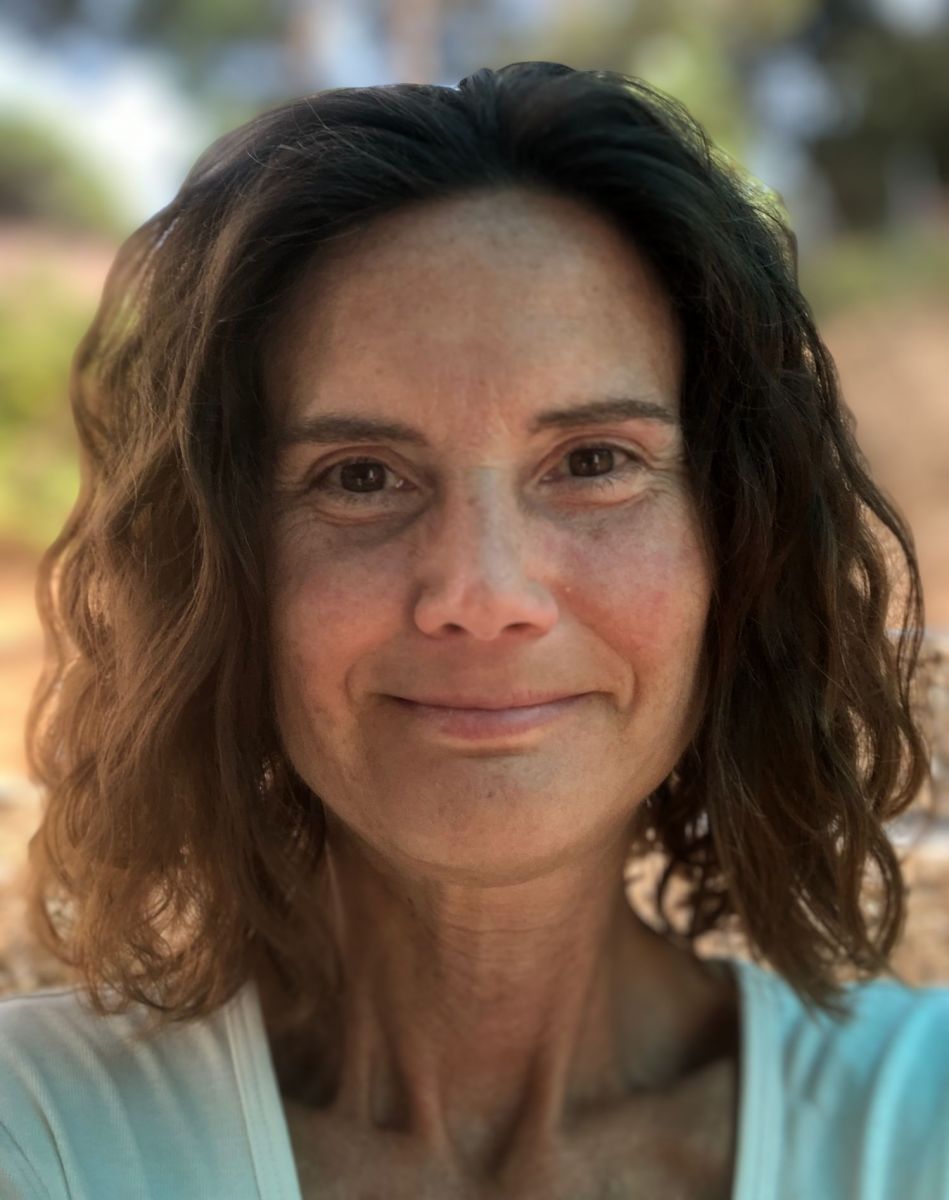Food intolerances
Dr. Jean-Pierre Willem explains in his book “Les intolérances alimentaires” (Food Intolerances) that the origin of most of the diseases is food intolerance.Food intolerances of the type delayed food reaction are characterized by the production of antibodies against the food antigens. The consumption of too much intolerant food leads to an excessive amount of antibodies, which then leads to different symptoms.
Colitis may exist due to 3 different reasons, according to Dr. Willem:
- An immune response of T lymphocytes and NK cells against antigens in the gut flora;
- A hypersensitivity to a certain food;
- An attack to the mucosa of the small intestine due to modern food and certain dangerous bacteria.
SCD Diet
The Specific Carbohydrate Diet was originally started by Dr. Sidney Valentine Haas in order to treat celiac disease and other IBD (Inflammatory Bowel Disease) patients. He helped to recover Elaine Gottschall’s daughter who was suffering from Ulcerative Colitis. Then, Elaine Gottschall created the Specific Carbohydrate Diet and wrote the book “Breaking the Vicious Cycle, Intestinal Health Through Diet”.Since then, this diet has been applied very successfully to help many patients suffering all kinds of bowel diseases. One of the most popular advocates of this diet are Jordan Reasoner and Steve Wright, who run the website SCDlifestyle.com.
As they explain on their website, “The Specific Carbohydrate Diet (SCD) is a group of foods which are grain-free, sugar-free, starch-free, and unprocessed. While removing many foods that are toxic and digestively harmful, the diet remains natural, extremely nourishing and representative of what our ancestors ate.”
Other very successful diets have been developed from the SCD Diet, such as GAPS diet, more focused on the treatment of psychological and neurological diseases.
The science that is behind this kind of diets is, as Reasoner and Wright explains: “the fact that not everyone’s digestive tract has evolved to optimally digest complex carbohydrates and other man-made food products like sugar. The main principle of the diet is that carbohydrates are classified by their chemical structure; they are monosaccharide, disaccharide, or polysaccharide. On the diet, only monosaccharide carbohydrates are allowed to be eaten as all others require extra digestion steps to break the chemical bonds down to monosaccharide carbohydrates.
Any food that is not properly digested causes bacterial and yeast overgrowth when undigested carbohydrates are fed on by bacteria and yeast in the intestinal tract. This starts a chain reaction of excess toxins and acids which cause irritation of the small intestine cells damaging them and causing food absorption issues which only helps to continue the cycle.
The diet is an all natural way to break this cycle of bacteria and yeast overgrowth by eliminating the food sources they feed on. By working to restore gut flora to normal levels, the intestinal tract is allowed to start repairing any damage by itself.”
Dr. Klein’s Holistic Vegan Diet
David Klein, Ph.D, proposes a holistic approach for treating any kind of disease in his book called “Self Healing Colitis & Crohn’s”, but he mainly focuses on Colitis & Crohn’s diseases. He has a very deep holistic approach: diet, exercise, sun, emotional and spiritual balance etc., based on the Life Science approach.As for diets, he defends the Vegan Healing Diet, which is mainly based on a big intake of fresh fruits and some lightly steamed vegetables. Juicing and smoothies are also encouraged. Some of the Vegan Healing Diet Guidelines are:
- If you need to make a gradual transition to a vegan diet, begin by eliminating red meats, pork and dried meats. As soon as possible, discontinue all animal products, heated/fried oils, grain/flour products, chemical additives and preservatives, salt, spices, white sugar, coffees, caffeinated teas, pasteurized and soft drinks, non-organic and non-whole foods and supplements, fermented products, junk foods, chlorinated and fluoridated water, alcohol and recreational drugs.
- Temporarily stop eating all vegan fatty high-protein foods: nuts, seeds, avocado, durian, olives, coconut and soy.
- Temporarily discontinue eating raw vegetables, except in fresh-made juiced form.
- Discontinue all supplements.
- Immunosuppressants are of no use in any case-they suppress healing and should be discontinued as soon as is safely possible.
- Do not rush to this diet, for some people this brings on too rapid detoxification.
- For persons with advanced inflammatory bowel diseases, it may be beneficial to go for a period eating mono meals, i.e., meals with only one type of food.
- Eat solid food only if you are hungry. While eating, if the experience of food becomes unappealing or you feel satisfied, stop eating.
- Avoid hot, spicy and irritating foodstuffs.
- Chew your food slowly and thoroughly.
- Just before and during eating, it is necessary to be calm and not preoccupied. If possible, do some type of light exercise 15 minutes before eating.
- Eat consciously and only when relaxed. Do not eat solid food when tired or emotionally upset.
- Do not eat within two hours of bedtime. Do not eat a large meal within three hours of bedtime.
- Observe your stools, they tell you how well you have digested the foods you have chosen.
- Other holistic factors highlighted in his book are genetic predisposition, lack of sleep, thoughts and beliefs, emotions and lack of vitality in the belly, social stressors, environmental stressors, maternal smoking, drugs and laxatives, shallow and incorrect breathing, enemas and colonics, and other enervating practices.
In Dr. Klein’s book you can find the exact list of allowed and forbidden food for both diets.
Conclusion:
Every person is a different case, even if suffering the same disease. Some persons may feel better just avoiding some food intolerances, while other ones will need a more strict diet, such as SCD or vegan diets.More symptoms associated with the inflammatory bowel disease may give some clues about the better treatment for each person.
Bibliography:
Dr. Jean-Pierre Willem, “Les intolérances alimentaires”
Elaine Gottschall,“Breaking the Vicious Cycle”
David Klein, Ph.D, “Self Healing Colitis & Crohn’s”
 Both Ulcerative Colitis and Crohn’s disease are types of Inflammatory Bowel Diseases (IBD). Ulcerative colitis is a chronic disease, in which the lining of the colon becomes inflamed and develops tiny open sores, or ulcers, that produce pus and mucous. The combination of inflammation and ulceration can cause abdominal discomfort and frequent emptying of the colon. The symptoms of these two illnesses are quite similar, but the areas affected in the gastrointestinal tract are different.
Both Ulcerative Colitis and Crohn’s disease are types of Inflammatory Bowel Diseases (IBD). Ulcerative colitis is a chronic disease, in which the lining of the colon becomes inflamed and develops tiny open sores, or ulcers, that produce pus and mucous. The combination of inflammation and ulceration can cause abdominal discomfort and frequent emptying of the colon. The symptoms of these two illnesses are quite similar, but the areas affected in the gastrointestinal tract are different.







 Gemma Calzada is a Holistic Nutritionist Ph.D. and a certified GAPS practitioner, accredited by ASCA. Her mission is to improve health through nutrition and to help people suffering from a dietary intolerance to live happily.
Gemma Calzada is a Holistic Nutritionist Ph.D. and a certified GAPS practitioner, accredited by ASCA. Her mission is to improve health through nutrition and to help people suffering from a dietary intolerance to live happily. 
